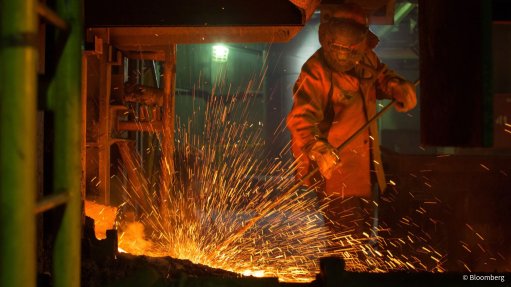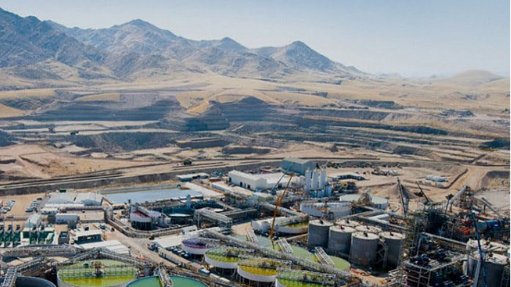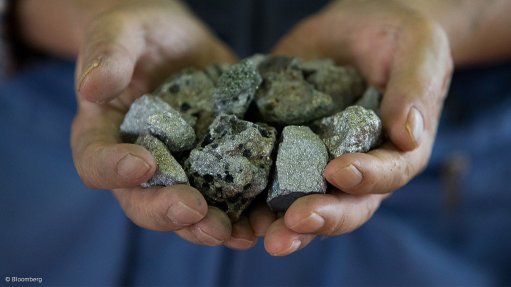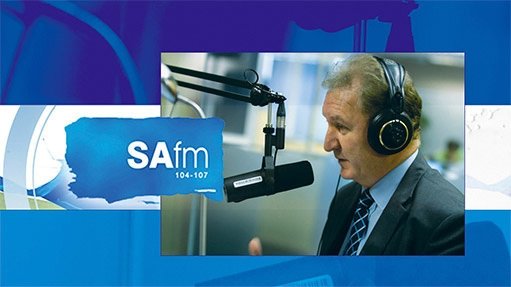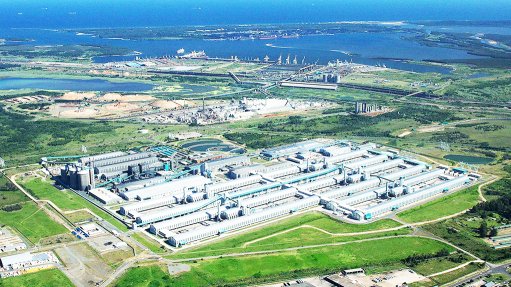Energy council calls for overhaul of public IPP procurement model
The Energy Council of South Africa has called for an overhaul of the way government procures new electricity generation and storage capacity from independent power producers (IPPs), describing the current model as outdated.
Addressing the Portfolio Committee on Electricity and Energy, CEO James Mackay highlighted the important role that the IPP Office had played in establishing credible procurement processes and in overseeing what was widely regarded globally as a successful programme.
However, he said the current model remained largely based on 2010 design principles that were overly reliant on State guarantees and did not reflect changing market dynamics, including the increasingly prominent role being played by private procurement.
Public auctions were still required, but the council argued that these should target areas of potential market failure or where strategic investment support was required.
In parallel, conditions should be created, through legislative changes and policy certainty, to ensure that private investors were able to compete to supply generation in areas where the technology and market risks had decreased.
In the near term, public auctions could also help support investment stability in light of the council’s estimation that South Africa needed to ramp up yearly installations of wind and solar PV to at least 5 GW to avert any future risk of loadshedding.
However, Mackay argued that the instrument should increasingly be used to support national planning objectives.
These could include the promotion of specific investment locations to align with available grid capacity, facilitating investment in dispatchable technologies, or the unlocking of solutions required for system stability where market signals alone were insufficient to ensure bankable projects.
IPP Office head Bernard Magoro told lawmakers that several options were being assessed to alter the public procurement model to accommodate the changes that had taken place in the electricity market, as well as those that would arise as South Africa’s legislative environment changed.
Government is also keen to reduce the contingent liabilities on the national accounts that have arisen from the extension of State guarantees to IPPs. These have been provided as cover for any possible default by Eskom or any prospect of expropriation or nationalisation.
This exposure currently stands at R226-billion, arising from 110 power purchase agreements that have been signed since 2011.
While stressing that the guarantees had never been drawn upon and that government’s exposure would fall steadily as IPP debt and equity were repaid, Magoro indicated that the National Treasury was nevertheless keen to reduce its exposure further.
In October, Electricity and Energy Minister Dr Kgosientsho Ramokgopa confirmed that government was considering far-reaching changes to the IPP public procurement programme with the aim of accelerating 10 000 MW of additional renewables capacity covered by the Ministerial determinations issued to enable such procurement.
Lawmakers were also provided with details on some of the other key constraints facing the roll-out of additional generation capacity in the short term, including the lack of certainty on curtailment, insufficient grid capacity, and grid-access rules that remained cumbersome and uncertain, given that the regulator had not yet considered the interim rules that Eskom was currently implementing.
Magoro also used the platform to confirm that the evaluation of bids received for the latest renewable energy and battery storage bidding rounds were well advanced.
He reported that preferred bidders for both the 5 000 MW allocated for Bid Window Seven of the renewables programme and the second battery storage bidding round for 615 MW/ 2 460 MWh could be announced by the end of November.
The IPP Office was still facing difficulties in finalising the bidding process for the inaugural 2 000 MW gas-to-power bid window, largely owing to uncertainty regarding the sources of gas.
Magoro indicated that the request for proposals might need to be adjusted, which could affect the bid submission date.
Comments
Press Office
Announcements
What's On
Subscribe to improve your user experience...
Option 1 (equivalent of R125 a month):
Receive a weekly copy of Creamer Media's Engineering News & Mining Weekly magazine
(print copy for those in South Africa and e-magazine for those outside of South Africa)
Receive daily email newsletters
Access to full search results
Access archive of magazine back copies
Access to Projects in Progress
Access to ONE Research Report of your choice in PDF format
Option 2 (equivalent of R375 a month):
All benefits from Option 1
PLUS
Access to Creamer Media's Research Channel Africa for ALL Research Reports, in PDF format, on various industrial and mining sectors
including Electricity; Water; Energy Transition; Hydrogen; Roads, Rail and Ports; Coal; Gold; Platinum; Battery Metals; etc.
Already a subscriber?
Forgotten your password?
Receive weekly copy of Creamer Media's Engineering News & Mining Weekly magazine (print copy for those in South Africa and e-magazine for those outside of South Africa)
➕
Recieve daily email newsletters
➕
Access to full search results
➕
Access archive of magazine back copies
➕
Access to Projects in Progress
➕
Access to ONE Research Report of your choice in PDF format
RESEARCH CHANNEL AFRICA
R4500 (equivalent of R375 a month)
SUBSCRIBEAll benefits from Option 1
➕
Access to Creamer Media's Research Channel Africa for ALL Research Reports on various industrial and mining sectors, in PDF format, including on:
Electricity
➕
Water
➕
Energy Transition
➕
Hydrogen
➕
Roads, Rail and Ports
➕
Coal
➕
Gold
➕
Platinum
➕
Battery Metals
➕
etc.
Receive all benefits from Option 1 or Option 2 delivered to numerous people at your company
➕
Multiple User names and Passwords for simultaneous log-ins
➕
Intranet integration access to all in your organisation












